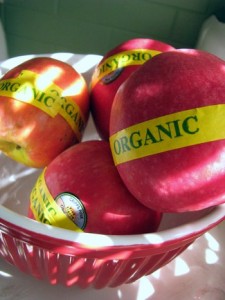As almost every industry is getting increasingly competitive, marketing strategy plays a more vital role in each business. With the advancement in technology, marketing has evolved into so many different forms such as digital marketing, telemarketing and relationship marketing. Nowadays, companies are focusing more on the non-traditional marketing strategies, one of which is experiential marketing.
What is experiential marketing? Drew Mclellan in his blog post “Bring your marketing to life” explains and points out the importance of experiential marketing. Basically, experiential marketing means bringing marketing to life, as suggested by the title. Among the intense competition, traditional marketing is not enough. “Companies need to create tangible memory for consumers.” Drew gives out a great example of experiential marketing, where Axe astronauts for their new product line appeared live in the street! The whole thing was attention-catching and thus ultimately capture people’s interests.


Another great example of experiential marketing is a campaign carried out by Amsterdam water supplier, WATERNET, aimed to discourage people from urinating in the city’s canals.
[youtube=https://www.youtube.com/watch?v=wvOh6fvIQPc]
How they achieve this? They installed 4 urinal stalls in the street and turned peeing into a race. Whoever peed the most and fastest get their water taxes back. This campaign successfully engaged the public in an interactive, fun, educational and memorable manner, which was proved to be more effective and influential than a TV advertisement.
There is always so much going on in one’s life. If a company cannot create a concrete memory to consumers, chances are that there is no way for its products to be competitive in the market.
So, bring your marketing to life!


Recent Comments